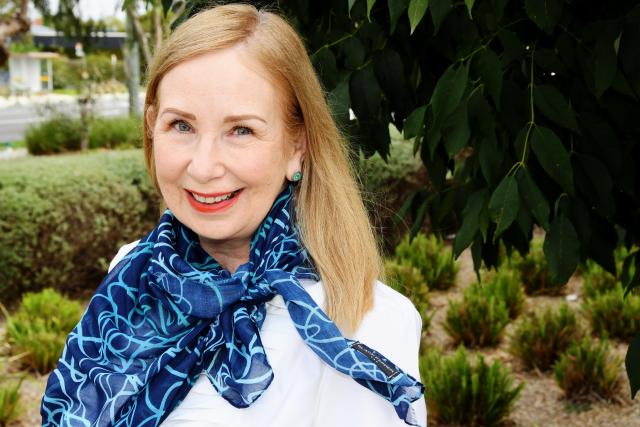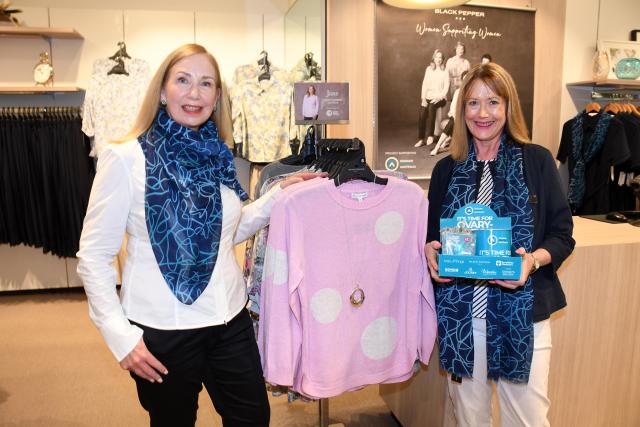
By Mikayla van Loon
When Jane Power noticed herself getting abnormally tired, putting on weight and having unusual pain in her pelvic region, she knew something wasn’t quite right.
She just didn’t expect it to be cancer.
In 2010 Ms Power was diagnosed with grade three ovarian cancer, an aggressive form of cancer that meant she needed surgery and chemotherapy.
Her first surgery was to remove a 12cm cyst from her ovary but the second was a much larger process.
“I then had further surgery but this was more invasive. So I had a cut through my abdominal wall to my pelvic bone and had both ovaries removed and fallopian tubes,” she said.
Because of the aggressive nature of the cancer, Ms Power still had to undergo six weeks of chemotherapy to reduce her chances of the cancer appearing elsewhere in her body.
“That was really hard as well because when you first go in unless you’ve been involved in that before it’s all very new,” she said.
“You watch the nurses who are putting on their goggles, huge gowns, gloves to protect themselves from those toxic drugs but this was going into my veins and body. It was really scary.
“It’s like living in this tumultuous wave that just keeps throwing things at you and it’s really quite a challenge. The after effects of the chemo did take probably a good two years to get through.”
Fortunately, Ms Power was one of 48 per cent of women who survive ovarian cancer, something she has beaten the odds at having surpassed the milestone of 10 years since her diagnosis.
In a natural progression after recovering from her surgeries and chemotherapy, Ms Power said she wanted to learn more and help other women through their diagnosis by joining Ovarian Cancer Australia.
“Now I spend my time advocating for ovarian cancer and trying to get the word out there to help people to remember that if their symptoms are not normal for them to go to their GP.”
Ms Power said at the start it was very much a healing process for herself, to educate herself on one of the most deadly cancers in Australia but as time’s gone one, it has been about helping others.
“I’ve been given my life back, and I really enjoy being able to help others now,” she said.
As part of ovarian cancer awareness month, being February, Ms Power was asked by Australian women’s clothing brand Black Pepper to be one of the faces of its fundraising campaign for ovarian cancer.
“I felt really privileged, number one to be asked but also to be involved. If I can change just one other person’s life that means so much.”
Black Pepper has been a long time supporter of ovarian cancer awareness and has designed a scarf and nightie to be sold in stores, with $10 of every purchase of those items going to Ovarian Cancer Australia.
“[Black Pepper has] always been very much about women. Doing things for women and women’s fashion. This is just that extra mile that they’re taking and they have just been incredible through this whole campaign,” Ms Power said.
The campaign aims to raise $100,000 to go towards the diagnosis and treatment of ovarian cancer, as well as providing women with ovarian cancer support nurses and other services.
Ms Power said by using real women in this campaign who have experienced this intrusive disease, it puts a real face behind the diagnosis.
While raising funds is imperative to increase the survival rate and reduce the estimated number of deaths this year of 1,042, Ms Power said awareness is key to getting women to understand their bodies better.
“It’s just starting to not accept when you’re not yourself. I think women, being mums and busy working tend to just push through when they’re feeling a bit tired or putting a bit of weight on or not eating properly.
“They need to think about, is this unusual for me? Is this something that’s new and also persistent over say, a four week period? And then go and see their GP and report those symptoms.”







